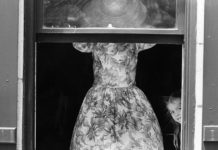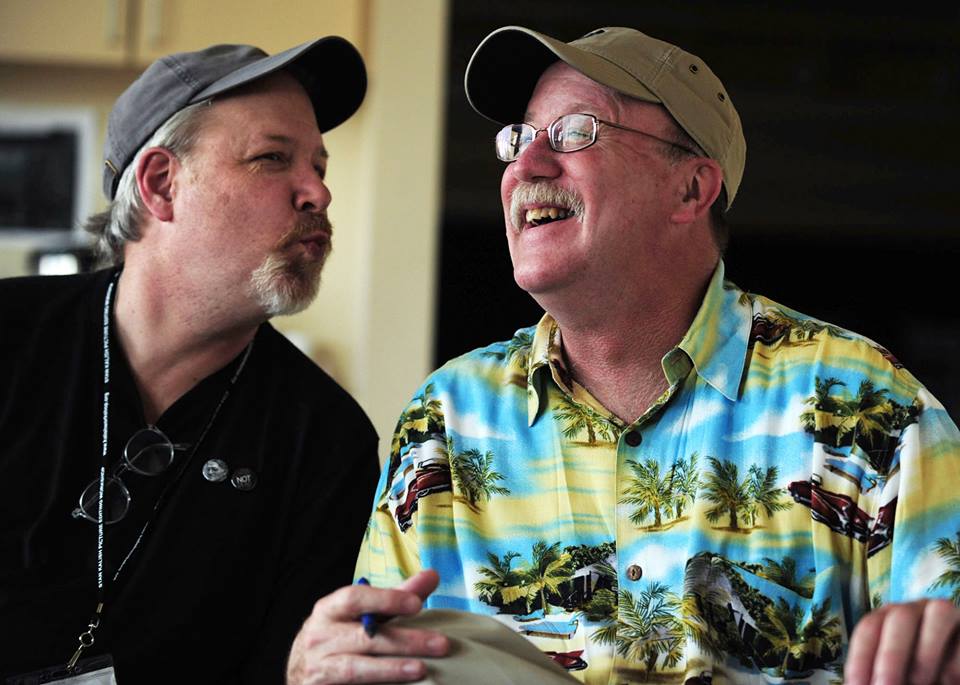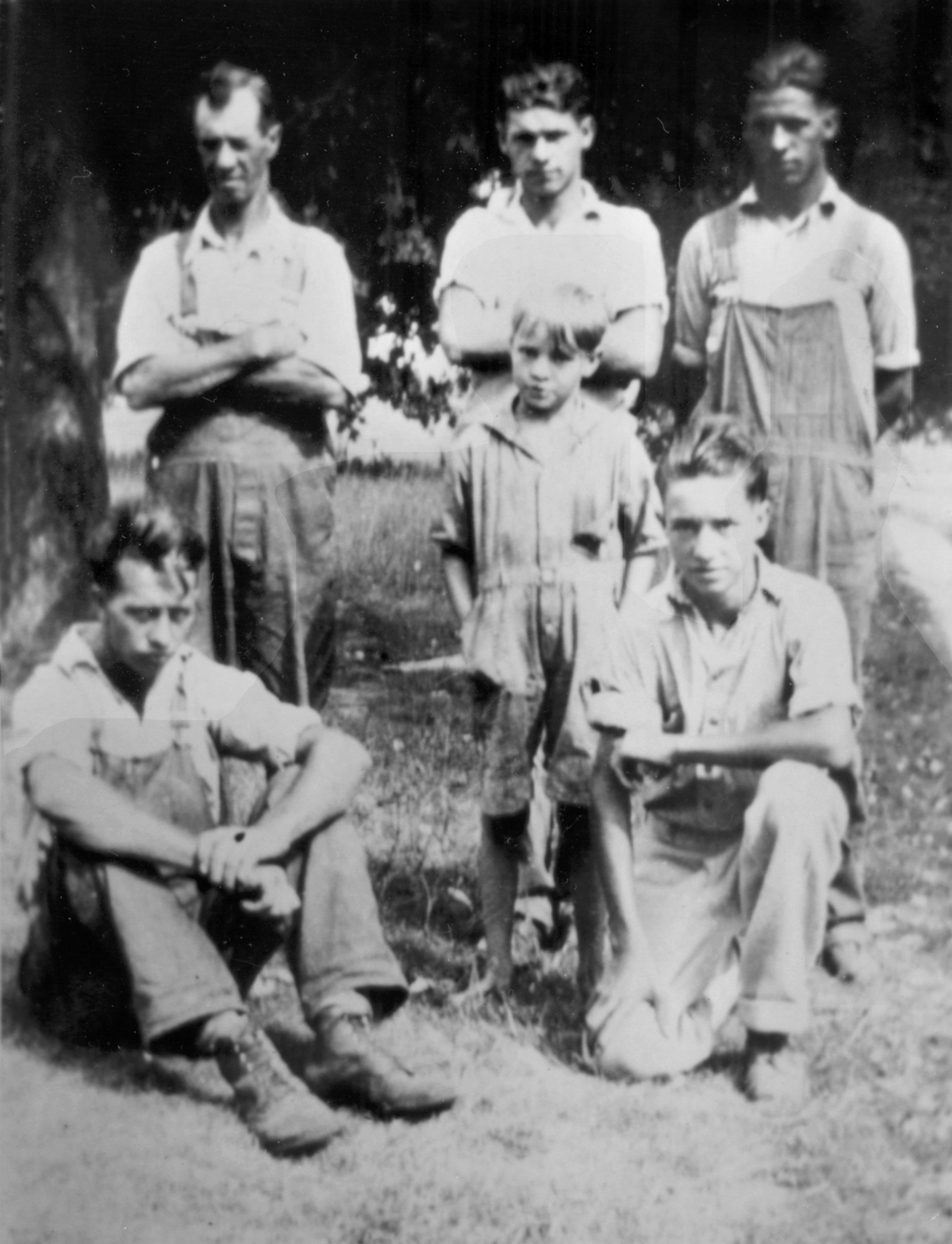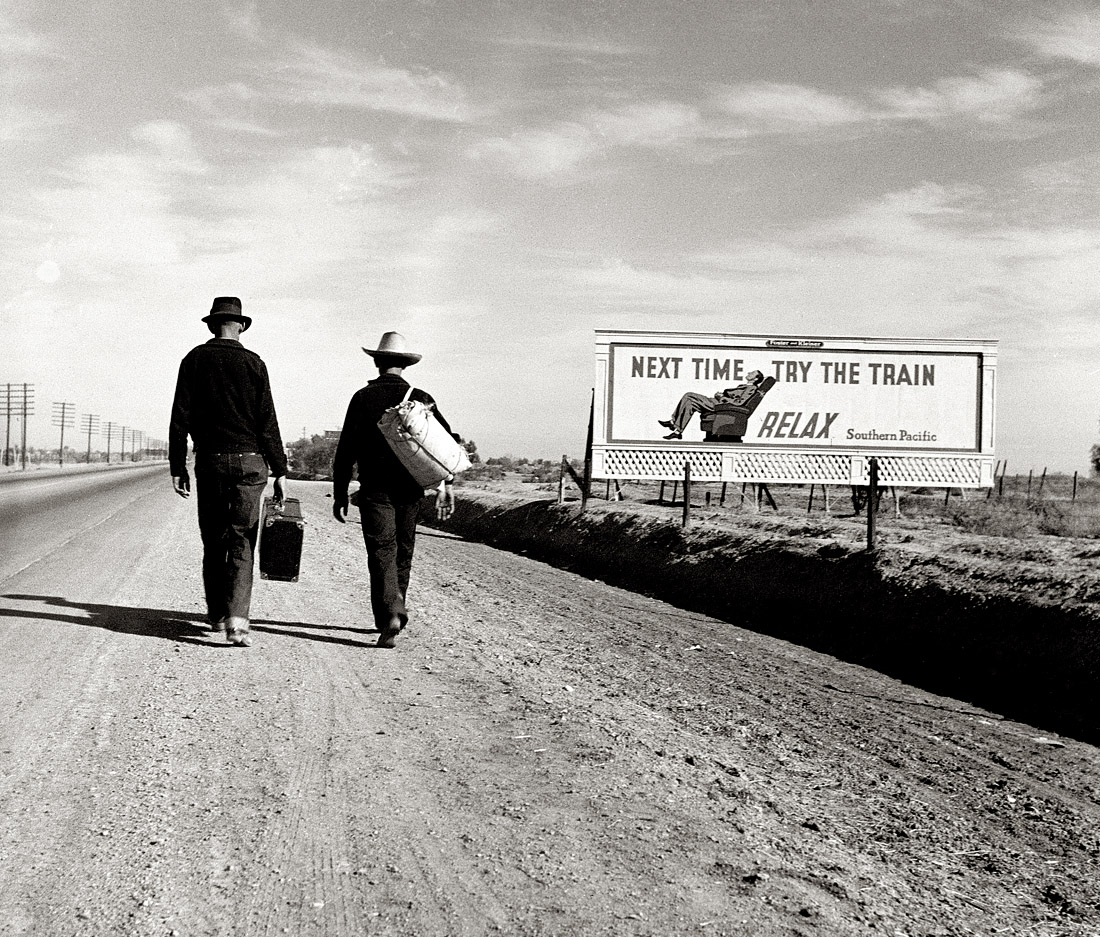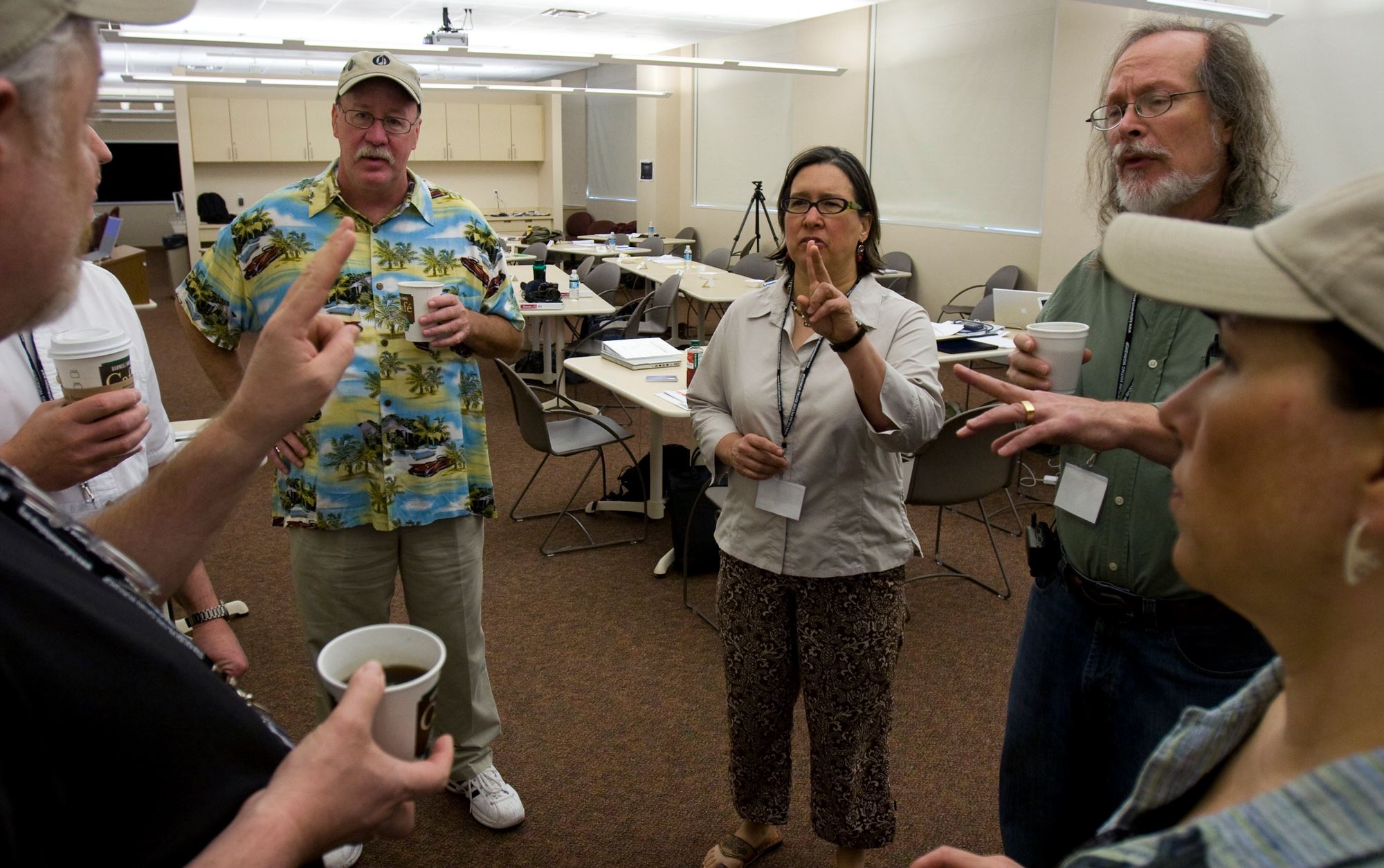
Scott Sines, ©The Green Rocket News
 I think they’ll go to small startups. To communities of readers, businesses, community organizations and journalists who all share a common passion. Readers, businesses and non-profits will have to fund these new news outlets. They will be extremely lean and only grow as big as the community of interest will support. Nobody gets rich but it’s meaningful work.
I think they’ll go to small startups. To communities of readers, businesses, community organizations and journalists who all share a common passion. Readers, businesses and non-profits will have to fund these new news outlets. They will be extremely lean and only grow as big as the community of interest will support. Nobody gets rich but it’s meaningful work.
Since 1989 the American Society of Newspaper Editors reports that nearly 1 in 3-newsroom jobs have been eliminated.The Newsosauer blog estimates the number of jobs eliminated in 2011 alone rose by nearly 30% compared to 2010. A survey by the ASNE reports 2600 job cuts in 2012.
It’s even bleaker for visual journalists. The ASNE survey says that the numbers of visual journalists have been trimmed 43% since 2000. For comparison, full-time newspaper reporters dropped by 32% and copy editors by 27%. On May 30, 2013 The Chicago Sun-Times laid off its entire photography staff.
Most news corporations invest in increasing flyby web traffic of eye-candy slideshows rather than an engaging local visual report. According to an article in Adweek, Washington Post President Steve Hills claimed that slideshows could cure the newspaper’s circulation problems. He’s quoted as saying, “… awards ‘don’t matter,’ and urged more traffic-driving slideshows, over original Post photos…”
Visual journalists have been rightly criticized for prize chasing. It was not healthy and led to copycat journalism instead of innovation. But apparently that time is over. I’ve recently been honored to judge two of the most prestigious photojournalism contests in the business and participation is really low.
I can only conclude that many photojournalists and editors are not taking pride in their work. Nothing saps a creative soul more than feeling like you’re doing meaningless work. Yet news executives clamor for vacuous slideshows and more video, any video, regardless of its storytelling quality. They beg the public for freebies.
Why? Because they know that pictures bring audience and they’re right. They know that a compelling narrative can be riveting. That is why storytelling, visual and written, will endure. A well told story lasts forever, broken business models don’t.
Two new guys in the garage
A report in the Nieman Journalism Labs describes a likely scenario. It comes from Ben Thompson, author of the blog Stratechery writing about the future of newspapers. “… More and more journalism will be small endeavors, often with only a single writer. The writer will have a narrow focus and be an expert in the field they cover. Monetization will come from dedicated readers around the world through a freemium model…”
Joshua Benton, author of the Nieman article expands Thompson’s vision … “Who will do the long, inefficient-by-nature investigations and the watchdog coverage of the local governments too boring for most people to watch? My guess at the answer to that question is some combination of (a) nonprofit news outlets reliant on the philanthropic market rather than the advertising or subscription ones, (b) the rumps of old newspapers, smaller but still intermittently fiesty, (c) some for-profit local startups, but very unevenly distributed. And (d) plenty of stories will be missed along the way.”
Groups of readers and businesses with shared passions are finding one another through the web right now. Journalists who share their passion need to engage and start explaining their issues and telling their stories. Social media experts need to begin building networks.
The model will have to be sustained by readers, businesses, community groups, foundations and income earned through media services to clients who are willing to support the mission. The size of the organization will depend on the size of the community and their degree of commitment .
It will require journalists to become savvy about approaching these groups for funding. Marketing strategies will need to be developed for each interest group and platform. Winding through all various licensing agencies, tax implications and all it takes to offer 501c3 benefits to foundations is daunting as well. I hate the word re-invention because it conjures memories of endless meetings with “innovators” who never invented anything but a sharper scalpel. It confuses invention with cost cutting. Journalism needs real inventors.
In 1876 Alexander Graham Bell invented the telephone. He had experience teaching deaf people. His mother and wife were both hearing impaired and he was searching for a way to better communicate with them. One hundred years later, two guys in a garage invented a computer and named it after a fruit. They brought the power of computing to our desktops with an easy to use interface. It changed the world.
Come to the garage.
Scott Sines, editor, The Green Rocket News
Scott is the former Associate Editor and Managing Editor of The (Memphis) Commercial Appeal and former Managing Editor of The (Spokane) Spokesman-Review. During his time as managing editor twice The Commercial Appeal was recognized as the best newspaper in Tennessee. In Spokane, the newspaper was a Pulitzer finalist for its coverage of white supremacists. Six times the newspaper placed first in the Pictures of the Year Contest for its use of photography. Twice he was named editor of the year. Four times The Society for News Design named The Spokesman-Review one of the World’s Best Designed Newspapers in their international competition. Columbia University identified The Spokesman-Review as one to the top twenty-five in the country and a newspaper to watch.





